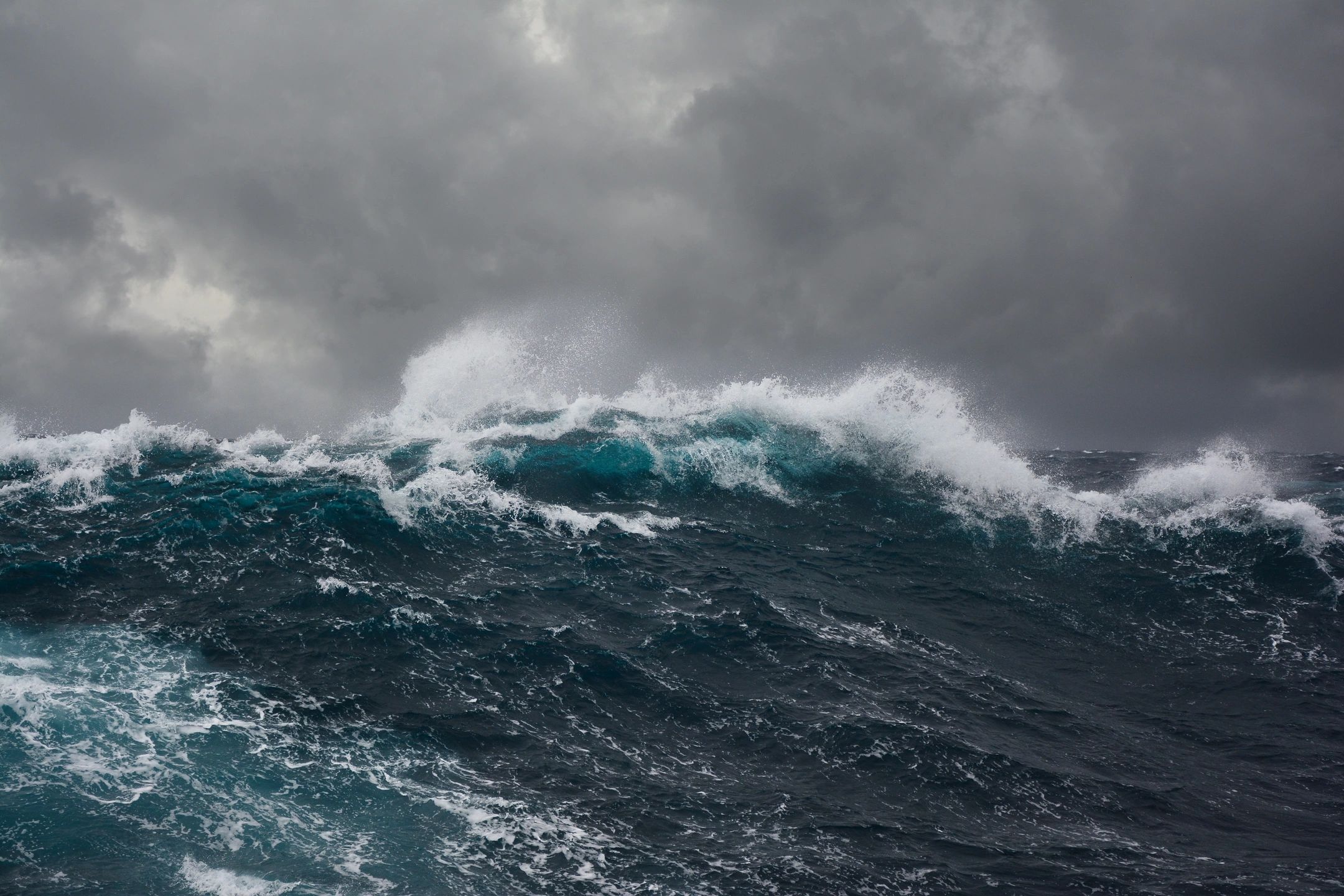Southern Legitimacy Statement: I was born in Galveston, TX, and raised in Houston after my family evacuated following Hurricane Carla. I am educated at the University of Texas, Texas State University, and Texas Tech. That’s a whole bunch of southern bona fides. But here’s more. I grew and still enjoy eating grits, black eyed peas, collards, and cornbread. I love drinking Big Red, NuGrape, Nehi, and Triple X Root Beer, plus I call all soft drinks “a Coke” or just soda water. Most importantly, I still call everyone, regardless of age, “Sir” and “Ma’am.” That’s way confusing to people around me where I now live, the Midwest.
Barrier Island
We sailed steerage in 1899, Rivka and I, from a European shore. I can still hear our mamas and papas from the wharves below, their tears the brine of salted fish. She and I, my wife to be once on new land, bunked in the bow of a steamer, we two in a stew of immigrants speaking a slurry of guttural vowels. “Here, lib gehat eyn, my loved one,” I said practicing English. “Eating this stale bread. Good for you. Drink water,” brackish and brown as the boat’s hull.
We wore black. Rivka covered in her mother’s shawl, I in my black suit, patched with hay from our shtetl barn, woven into ragged seams like paths to a journey, woolen cloth the color of black seas mirroring gray clouds heavy with ocean mist, pogroms, and plagues, as black as undertow, the seas roiling under seagull shrieks and skies green with humidity.
Our voyage lasted 43 days, marked with my penknife on our cabin bedpost, the cabin sleeping 22. Coughs and cries, laughter and love. The heat of bodies, the heat of desire. Our sailing ship rolled and rose, roiling with each cresting wave. Our hearts rose and fell with hope and fear.
At the end of our 43 days, only crusts of bread fed our faith in sustenance.
“We’ll be there soon, sheyne, lovely one, meyn sheynkeyt, my beauty. Each day the moon rise is one day less till the sun shines,” I soothed, trying to calm her questions.
And then we landed, in perilous shelter, the isolation of detention. Were we fit for entry? We waited in lines longer than a ship’s voyage, a Torah’s scroll, we endured medical inspections, immodest and intrusive for Rivka, less so for me, having been prodded by White Army Cossacks. “Here’s a fat one,” a soldier laughed, mocking my meat then to stave off hunger now. His gray teeth through a black beard were the shrouded moonlit night of evil dybbuk, the empty soul of death.
We were immigrants among immigrants, far from the center, whirling dust around a spinning sphere, hoping to settle on this, our temporary home, Pelican Island, a spit of marsh, footing a swamp that grabbed at ankles with seaweed creep, 4 feet above sea level at high tide, more salt air than land, buffeted by gales and doubt between Galveston and the Bolivar Peninsula, southeast of Houston.
We were adrift on land, the island, a barrier barely a ferry ride through channel surge, still at sea though landed, still separate from bedrock soil, the United States of America, our dream as seen from yellowed letters, clutched in our hands, read and reread so the print was luminous from thumbing, diaphanous from breathing in the wish.
“Come,” I said to Rivka. “Grab my hand. Let us wade in knee deep. Feel the surf wash away history, refresh our future.”
Our eyes, across the strait, saw land and home, in sight to the west, 1 mile through wave chop, after 7000 miles sailed through swales and gulfs, a new life, almost.







